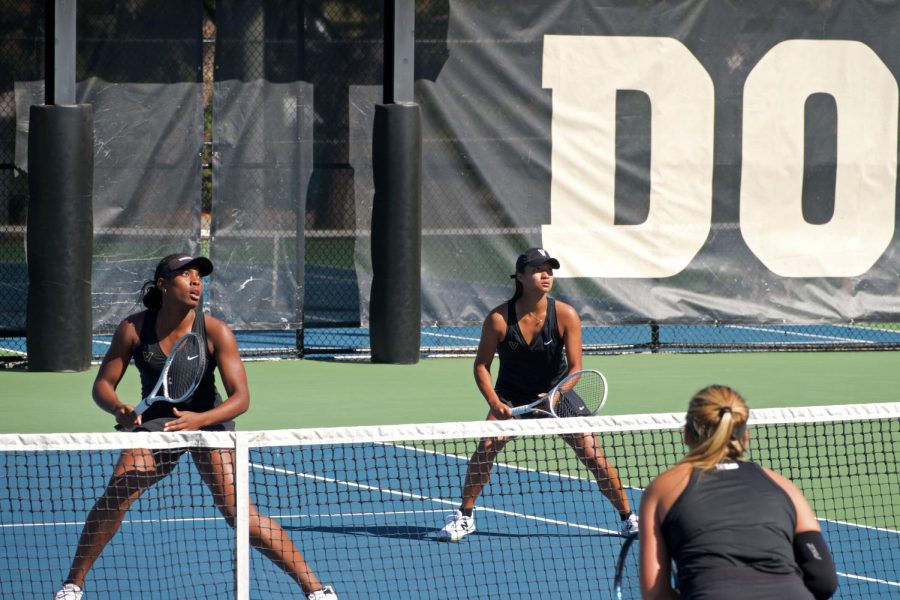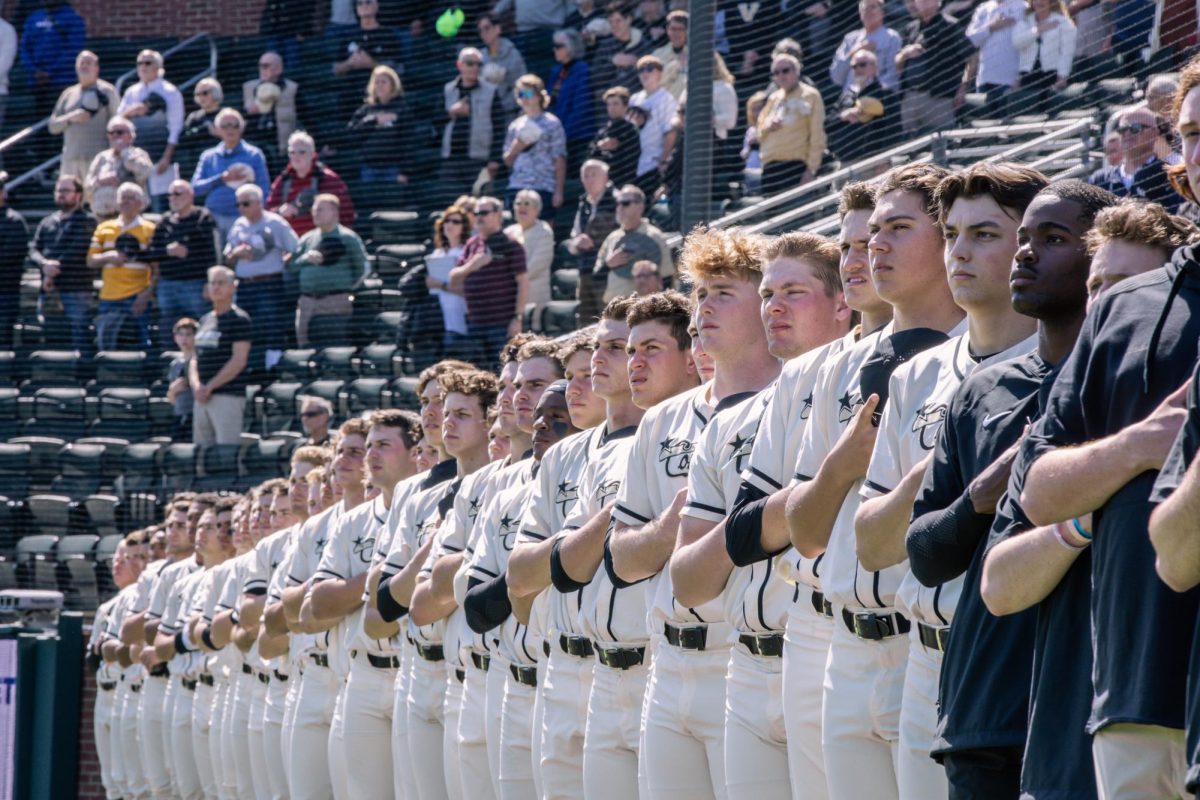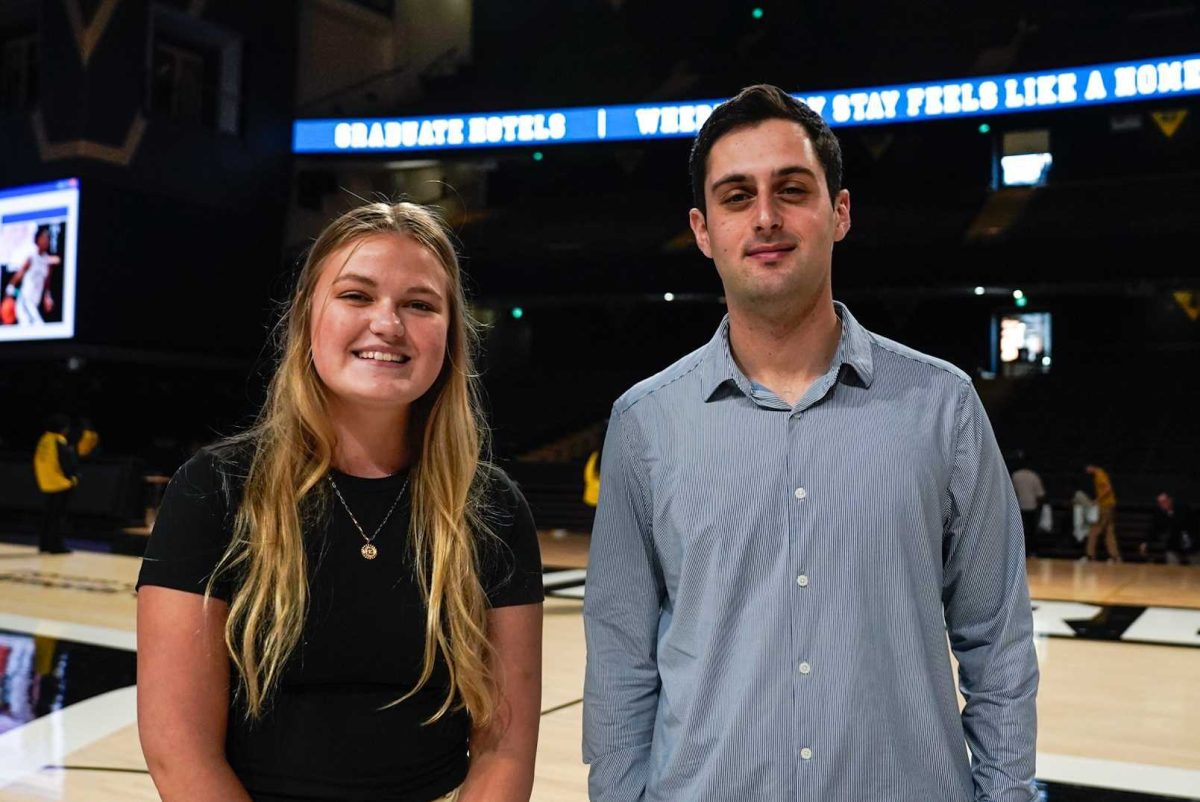Following recent college admissions fraud scandal which gave unfair admissions advantage to children of affluent and prominent families, many top-tier schools are now being scrutinized for their admissions process. Notably, in some cases, schools were found to have admitted students through athletic channels despite students not being athletes. While many of the country’s top universities were affected, Vanderbilt appears to not have been involved, according to university officials.
“We have a process here where no single person, including me, can make an admit decision on their own. That protects us and protects the student,” said Doug Christiansen, Vanderbilt Vice Provost for University Enrollment Affairs and Dean of Admissions and Financial Aid.
The student athlete recruitment process prohibits coaches from contacting the Office of Undergraduate Admissions (OUA) regarding a prospective student-athlete’s (PSA) admission status, according to Candice Storey Lee, Associate Vice Chancellor for University Affairs and Deputy Athletics Director.
According to Lee, if a coach wants to recommend a prospective student-athlete for admission to Vanderbilt, a preliminary application process is formally initiated by the Athletics Compliance Office. The Athletics Compliance Office sends the PSA’s academic file to the OUA for review and is later notified of OUA’s feedback regarding preliminary admission status. If a PSA’s file is supported for admission, they must still submit an application to Vanderbilt. The approved pre-app will be added to the application to be reviewed along with the typical application pieces that all other students submit for evaluation.
In addition, Vanderbilt’s recruitment process also includes an internal review process by the Athletics Department Administration which includes an analysis of the PSA’s transcript, biographical information, a social media review, and letters of recommendation from non-athletic officials that describe the applicant’s character, according to Lee. Coaches and administrators must affirm their support for the PSA to be considered.
“All communication with OUA regarding prospective student-athletes is required to go through either the Athletics Compliance Office or senior athletic staff (i.e. Vice Chancellor/Athletics Director or Associate Vice Chancellor/Deputy Athletic Director),” said Lee in an email. The multiple levels of scrutiny prevent any dishonest influence from touching the admissions process.
For many students, the investigation’s findings elicited school pride and highlighted Vanderbilt’s legacy of excellence and integrity. Third-year Paige Hamilton, a student athlete and member of Honor Council, noted that the privilege of being part of the Vanderbilt community cannot be bought. She also expressed pride in the athletic department.
“Uncompromising admission standards despite these scandals speak volumes to the honor and esteem held by our athletic department, and thus the entire university,” Hamilton said.
First-year Delaney Caldwell said she is not surprised that Vanderbilt’s admissions process blocked fraud. She characterized the Vanderbilt community as one of high achievement and mutual trust where everyone has earned their spot.
According to Christiansen, other schools have already reached out to learn from Vanderbilt how they can improve their admissions processes. But the positive publicity doesn’t mean the administration is content with simply keeping current measures as they are.
“It would be foolish for us now to not notice that we need to continue to heighten our game and fight against [fraud],” Christiansen said. “We are going to have to do double duty to be in front of the criminal.”







